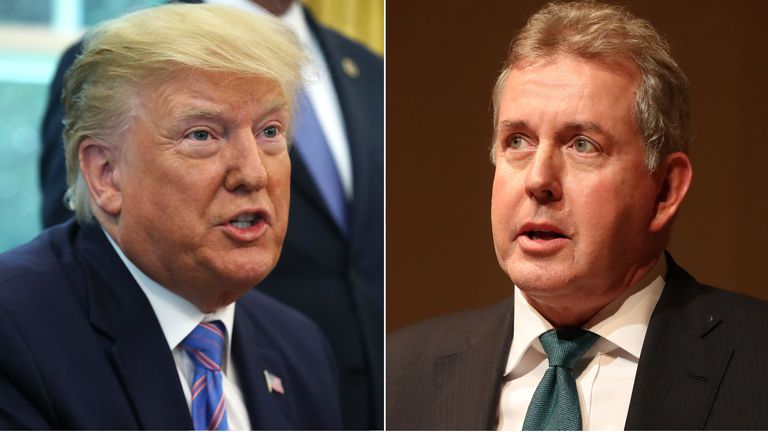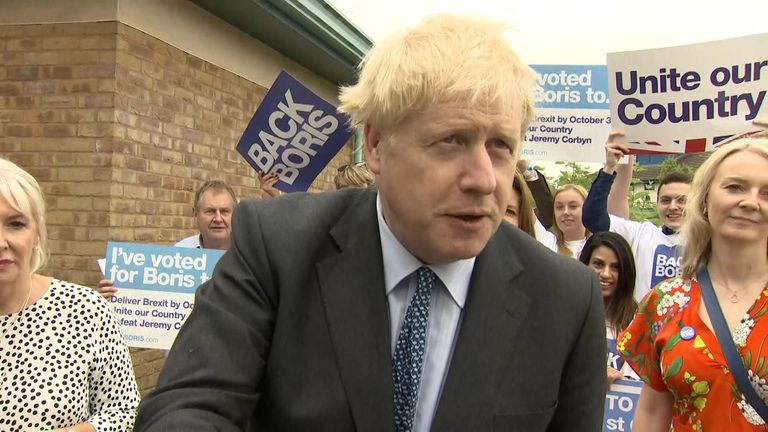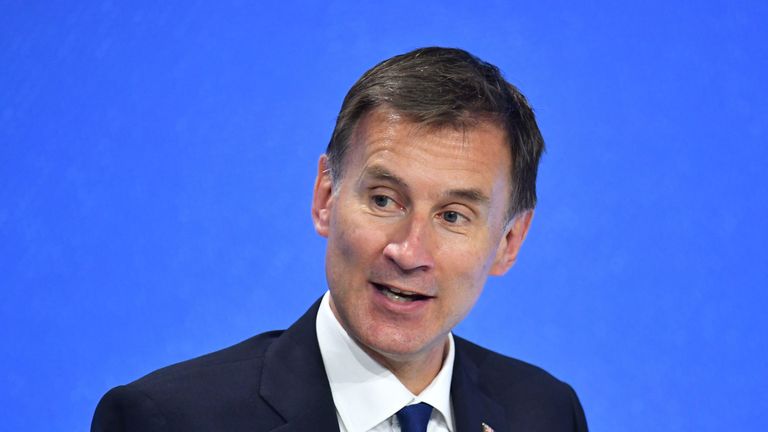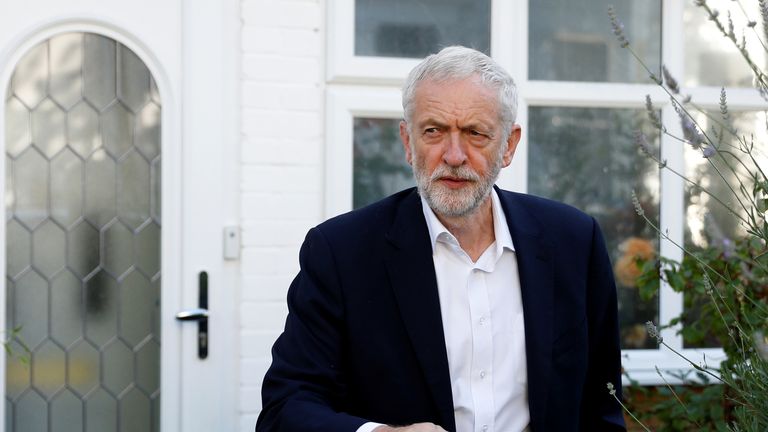By Tania Snuggs, news reporter
The Metropolitan Police have said they "respect the rights of the media" following a warning to journalists, seen as a direct attack on press freedom.
Assistant Commissioner Neil Basu had earlier suggested the media could face prosecution if they published any more leaked government memos.
But this afternoon, he issued a fresh statement saying he had "no intention of seeking to prevent editors from publishing stories in the public interest in a liberal democracy".
However, he also went on to say the publication of specific documents – those leaked memos in which the now former British ambassador to the US, Sir Kim Darroch, criticised the Trump administration – could constitute a criminal offence "and one that carries no public interest defence".
Mr Basu said: "The media hold an important role in scrutinising the actions of the state.
Advertisement

"We are however a body charged with enforcing the law, and we have received legal advice that has caused us to start a criminal enquiry into the leak of these specific documents as a potential breach of the Official Secrets Act (OSA).
"The focus of the investigation is clearly on identifying who was responsible for the leak.
More from UK
"However, we have also been told the publication of these specific documents, now knowing they may be a breach of the OSA, could also constitute a criminal offence and one that carries no public interest defence.
"We know these documents and potentially others remain in circulation.
"We have a duty to prevent as well as detect crime and the previous statement was intended to alert to the risk of breaching the OSA."
Earlier on Saturday, Boris Johnson told Sky News that it was wrong for police to tell the media not to publish further leaks after Scotland Yard urged news services to hand over the information instead.

The Tory leadership candidate said: "I think it's very very important that whoever leaks diplomatic telegrams and whoever leaks confidential stuff from the Civil Service – they should be prosecuted, they plainly are breaking the terms of their employment.
"But media organisations should feel free to bring important facts into the public domain.
"There can be no conceivable case in my view for prosecuting newspapers or any other media organisations for publishing stuff like this when there plainly isn't any risk to national security."
Jeremy Hunt, who is battling it out with Mr Johnson to become the next prime minister, also responded to the Metropolitan Police's initial statement.
He tweeted that he would "defend to the hilt the right of the press to publish those leaks if they receive them and judge them to be in the public interest: that is their job".

The Labour leader Jeremy Corbyn said: "There is clearly a breach of confidence, there's clearly a breach of information that should have been maintained as private.
"That has not happened and so the police have been involved and I think that is a normal process.
"Certainly, if that had been the other way around and emails had been leaked between the US embassy in London and Washington, I'm very sure the USA would have a great deal to say about it."

He added: "Freedom of the press is vital, of course. There are rules around that and there are considerable protections for journalists who do reveal things and that, of course, is the right thing to do."
Former chancellor George Osborne, now editor of the Evening Standard, had earlier claimed the initial warning from the Metropolitan Police was "encroaching on press freedom".
What a mess the Met Police have got themselves into attacking press freedom.Read More – Source
[contf]
[contfnew]
Sky News
[contfnewc]
[contfnewc]






